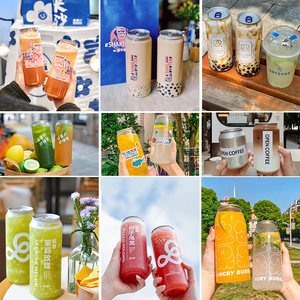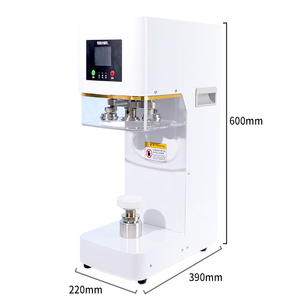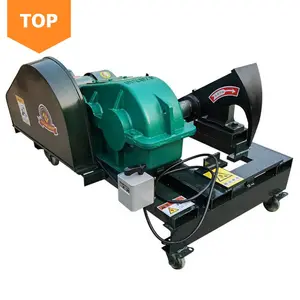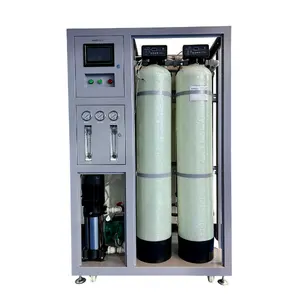Popular in your industry




















































































































































































































Top categories
About rubber sealer
Rubber sealer is an adhesive designed to seal gaps, seams, and openings on a variety of surfaces. It provides a waterproof and weatherproof seal that prevents moisture, air, and other substances from penetrating the sealed area. Rubber sealers are made from synthetic or natural rubber and are designed to last for years. They are available in a variety of thicknesses and colors. Rubber sealers are commonly used in the construction, roofing, gutter systems, automotive, marine, and plumbing industries.
Properties of rubber sealer
Rubber sealers are flexible, corrosion and abrasion-resistant, heat and cold-resistant, and adhesive. One of the main properties of rubber sealers is their flexibility. It allows the flex spray sealant to expand and contract as the underlying surface moves, ensuring that the seal is maintained even in areas with large temperature fluctuations. In addition, rubber sealers are moisture-resistant, making them suitable for sealing surfaces that need waterproofing.
Rubber sealers offer excellent resistance to corrosion. Liquid rubber roof sealant is often fortified with additives that provide protection against moisture and chemicals and prevent deterioration of the underlying surface. This property is fundamental in applications such as automotive and marine, where corrosion protection is required. Moreover, the liquid rubber waterproof sealant has excellent abrasion resistance, which can withstand wear and tear from abrasive materials. This property makes them suitable for applications that involve moving parts or equipment, such as machinery, conveyor belts, and hydraulic systems.
Rubber sealers are also resistant to extreme temperatures, making them suitable for various applications. They can withstand high and low temperatures in industrial environments and outdoor environments. Garage door seal bottom rubber has excellent adhesion properties and can bond to various materials, including concrete, metal, plastic, and glass. This adhesion ensures that the sealer stays in place and extends its life.
Applications of rubber sealer
The applications of rubber sealers in life mainly include the construction industry, roofing and gutter systems, automobile industry, marine industry, and pipeline industry. The construction industry typically uses liquid rubber foundation sealant to seal gaps, seams, and joints in buildings and structures. They provide a waterproof barrier and protect the underlying materials from moisture or insect damage. Additionally, flex seal sealant is commonly used in roofing and gutter systems to prevent leaks and water damage. It is applied around joints, seals, and seams to create a tight seal, ensuring the roofing system's longevity. In the automotive industry, flex seal spray rubber sealant is widely used to protect cars from rain and leaks. They seal doors, windows, and trunks to prevent water from entering the car and causing damage.
In the marine industry, the waterproof rubber sealant is widely used for waterproofing and weatherproofing operations on ships and boats. They seal joints, seams, and openings in the hull, deck, and other parts of the ship to prevent water from entering and causing corrosion. Flex seal for concrete cracks is also commonly used in plumbing applications to seal joints, connections, and pipes. They provide a waterproof barrier against leaks that can cause water damage and mold growth.






































